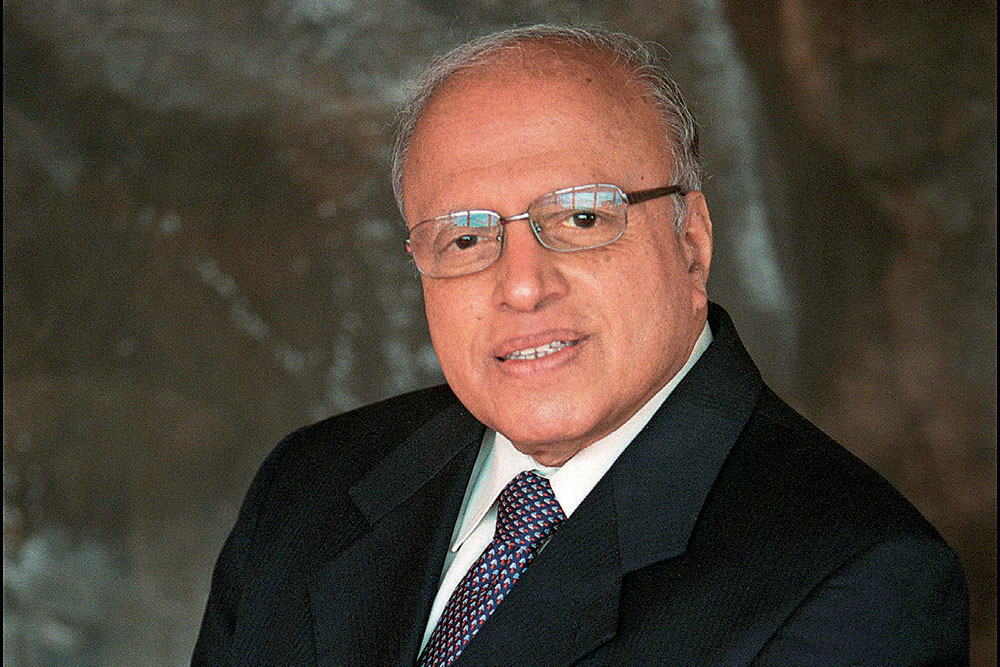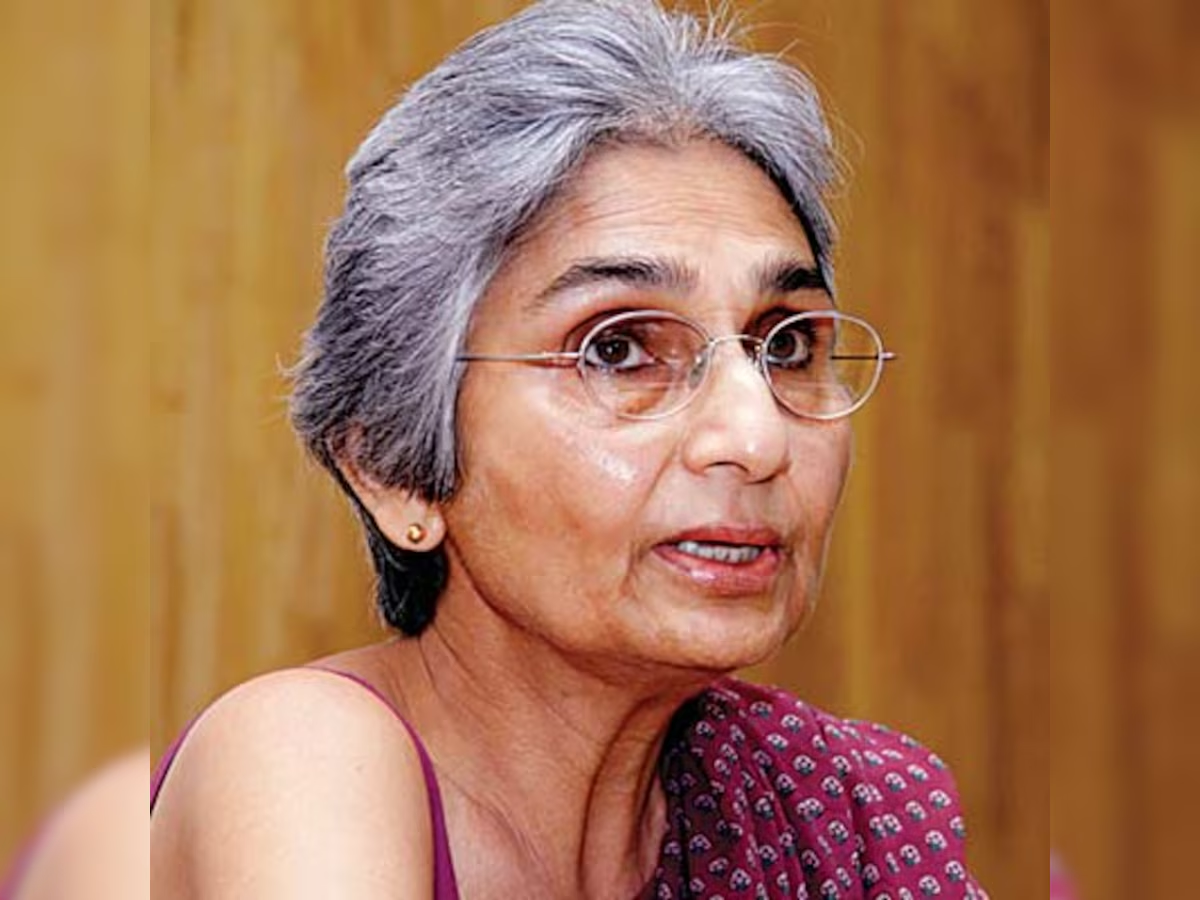History
The Indian Council of Agricultural Research (ICAR) is an autonomous body responsible for coordinating agricultural education and research in India. It reports to the Department of Agricultural Research and Education, Ministry of Agriculture. The Union Minister of Agriculture serves as its president. It is the largest network of agricultural research and education institutes in the world. The Indian Council of Agricultural Research (ICAR) University, established under the Ministry of Agriculture and Farmers’ Welfare, Government of India, stands as a premier institution in agricultural education, research, and extension. Founded with a vision to promote sustainable agriculture and empower the farming community, ICAR University has played a pivotal role in transforming India’s agricultural landscape since its inception.
ICAR’s legacy dates back to 1929, and over the decades, it has expanded its horizons to include a wide range of agricultural disciplines. The university’s commitment to excellence is reflected in its global rankings, extensive research contributions, and strong ties with national and international institutions.
COURSE DETAILS
ICAR University offers a comprehensive array of undergraduate, postgraduate, and doctoral programs. These courses cover various fields such as Agronomy, Horticulture, Plant Pathology, Animal Science, Fisheries, Agricultural Engineering, and more. The curriculum is designed to provide students with a blend of theoretical knowledge and practical skills, ensuring they are well-equipped to address contemporary agricultural challenges. The university also offers specialized courses in emerging areas like biotechnology, agribusiness management, and climate change adaptation. These programs are regularly updated to align with global standards and industry needs
AFFILIATED COLLEGES
ICAR University oversees a network of affiliated colleges across India, which includes several state agricultural universities (SAUs) and deemed universities. These institutions are integral to ICAR’s mission of disseminating agricultural education across the country. Each affiliated college offers various undergraduate and postgraduate programs, tailored to the regional agricultural needs of their respective states.
Notable affiliated institutions include:
- Punjab Agricultural University, Ludhiana
- Tamil Nadu Agricultural University, Coimbatore
- University of Agricultural Sciences, Bangalore
- G.B. Pant University of Agriculture and Technology, Patnagar
These colleges play a critical role in research and development, contributing significantly to India’s agricultural advancements.
CAMPUS STRUCTURE
The ICAR University campus is a hub of academic and research activities, spread across several acres of land. It is equipped with state-of-the-art laboratories, research farms, libraries, and modern classrooms. The university’s infrastructure supports a conducive learning environment, with facilities for both indoor and outdoor activities.
Research centers on campus are dedicated to various disciplines, including crop science, soil science, animal husbandry, and fisheries. The campus also houses a well-maintained hostel facility, ensuring a comfortable stay for students from different parts of the country.
ADMISSION PROCESS

Admission to ICAR University is highly competitive, with selection based on the All India Entrance Examination for Admission (AIEEA). The examination is conducted annually for both undergraduate and postgraduate programs. Eligibility criteria vary depending on the course, but generally, candidates must have a strong academic background in relevant subjects.
For undergraduate programs, candidates must have completed their 10+2 education with a focus on science subjects. Postgraduate admissions require a bachelor’s degree in agriculture or related fields. The final selection is based on merit, taking into account entrance exam scores and academic performance.
PLACEMENT DETAILS
ICAR University boasts a robust placement cell that facilitates the transition of students from academia to the professional world. The university’s strong industry ties ensure that students have access to numerous job opportunities in both the public and private sectors. Graduates are highly sought after for their expertise in various agricultural domains.
Placement drives are organized regularly, with students securing positions in leading agricultural companies, research institutions, government agencies, and NGOs. The university’s emphasis on practical training and research makes its graduates valuable assets to employers.
Top Recruiters
- Indian Agricultural Research Institute (IARI)
- National Dairy Development Board (NDDB)
- Syngenta
- Bayer CropScience
- Mahyco
- ITC Limited
- Reliance Fresh
- Monsanto
These organizations recognize the quality of education and training provided by ICAR University, offering competitive salaries and growth opportunities to its graduates.
NOTABLE ALUMNI
ICAR University takes pride in its distinguished alumni who have made significant contributions to the field of agriculture. Some notable alumni include:
- Dr. M.S. Swaminathan: Often referred to as the father of the Green Revolution in India, Dr. Swaminathan’s work in plant genetics and sustainable agriculture has had a profound impact on global food security.
- Dr. R.S. Paroda: A former Director General of ICAR, Dr. Paroda has played a key role in shaping agricultural research and education policies in India.
- Dr. Amrita Patel: The former Chairperson of the National Dairy Development Board (NDDB), Dr. Patel’s leadership was instrumental in the success of the White Revolution, transforming India’s dairy industry.



These alumni serve as inspirations to current students, embodying the university’s commitment to excellence and service to society.
ICAR University continues to be a cornerstone of agricultural education and research in India. With its rich history, diverse course offerings, and a network of esteemed affiliated colleges, the university remains at the forefront of agricultural innovation. The institution’s rigorous admission process, strong placement support, and the success of its alumni further underscore its pivotal role in shaping the future of agriculture in India and beyond.






